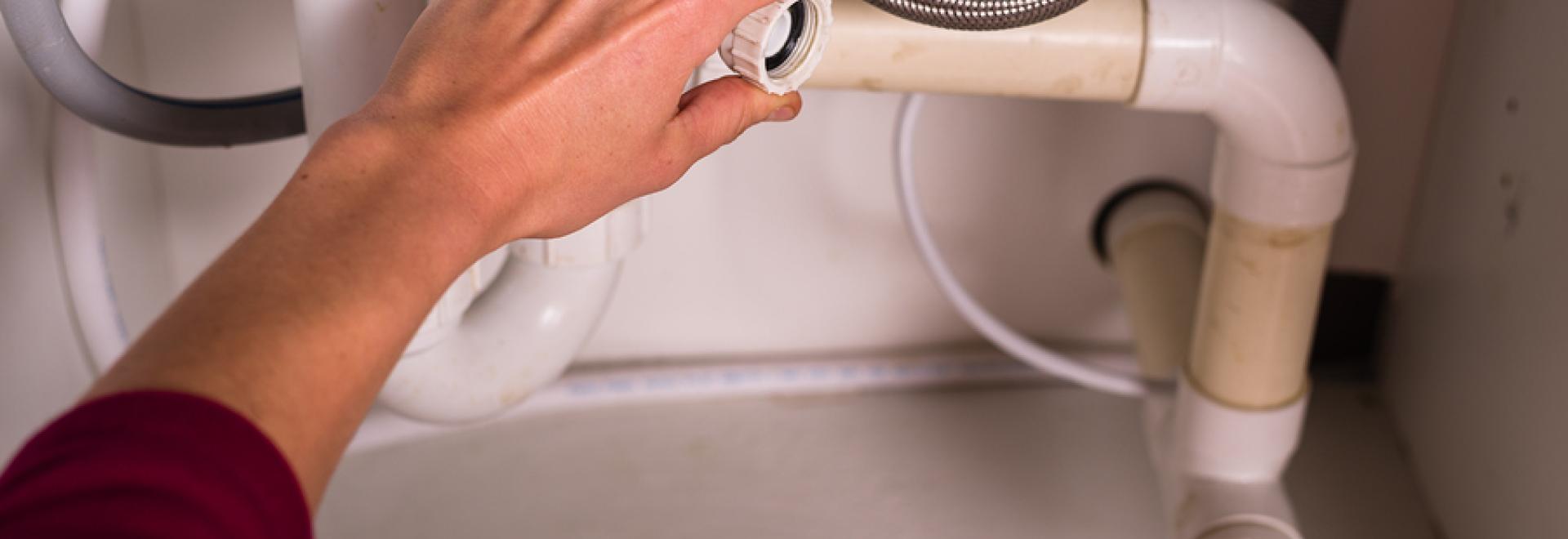
Nearly all of us have struggled, at least at one time, from pesky plumbing-related problems. Unlike a clogged toilet or a broken garbage disposal, the causes of some issues can be tough to identify and diagnose.
Here are a few plumbing issues sure to quickly cause frustration, and some insight as to what might be making them happen.
The toilet seems to be running constantly. A leaky toilet can be much more than a nuisance if you’re looking at it from both an environmental and economical standpoint. According to the US Environmental Protection Agency, if your toilet is running frequently or nonstop, you are likely wasting up to 200 gallons of water a day!
If the water in your toilet is running intermittently or doesn’t seem to quit at all, in most instances this means the toilet is leaking somewhere. To be sure, first jiggle the handle of your toilet. If this stops the flushing, the culprit is likely the float and it will require some simple adjusting. However, if this doesn’t do the trick, you likely have a leak. Frequently, this leak is found around the flapper, just above the flush valve seat. The flapper serves as a seal at the bottom of the tank and keeps water from draining until the toilet is flushed. Sometimes, the flapper can become brittle and worn, causing it to create a less effective seal. If the flapper is the culprit, the fix is to have a new flapper installed. This can sometimes be a complicated task. Unless you’re sure of your home-repair abilities, it’s best to hire a plumber to install the new working parts.
Your showerhead or faucet is dripping. Leaky faucets are another frustration that can cost you a lot on your water bill. The EPA asserts that leaky faucets that drip at the rate of one drip per second can waste more than 3,000 gallons of water each year. So, it goes without saying a leaky faucet cannot only be bothersome, it can be costly.
Identifying the cause can be tricky. Usually, the main reason a faucet drips is long-time wear and tear. Especially if your fixtures are of a lower grade, they will likely be made with lower quality sealants and rings, too. Everyday use can eventually wear down the internal parts of the faucet. In general, leaks are often caused by defects to a torn cartridge or O-ring. Typically, a cartridge and/or O-ring replacement will correct this type of leak. If you are unsure of what is causing your leak, contact a licensed plumber. They can properly assess the situation and offer you the best solution for your situation.
Your toilet feels wobbly or unsteady. If you find your toilet to be unsteady each time you sit down, this is certainly a cause for concern. Your toilet might feel wobbly because the floor is uneven or warped, or the bolts that hold it to the drainpipe have come loose. However, a more common culprit of the rocking back-and-forth is a worn toilet flange. The flange is the pipe fitting that mounts your toilet to the floor and connects it to the drainpipe. If the cause is the flange, you might also notice moisture or a slight leak near the base of the toilet. In this case, the toilet will need to be removed, and the flange repaired or completely replaced.
While a skilled do-it-yourselfer might be able to troubleshoot this problem, attempting to tighten the bolts can sometimes cause you to crack or break the toilet. Removing the toilet to get the flange can also be quite the daunting task. In either case, if you’re unsure of which scenario is causing your toilet to feel unsteady, contact a licensed plumber for help.
There is a sewer smell coming from my kitchen sink and some of my bathrooms. This can be a very unpleasant problem to have and frustrating to say the least. When you smell sewer gas coming from a sink or toilet, it is usually because there is a blockage in the vent or drain pipes inside the wall. If either of these places get clogged, there is nowhere for water to go without forcing air (including sewer gas), back into the room. Pouring a bucket of water down the affected drains can sometimes help eliminate this problem. In other instances, the sewer smell can indicate a more serious problem with your main sewer line. To be sure, contact a professional who can more accurately diagnose and correct any sewer or drain complications that could be causing the foul odor.
For a trusted plumber, contact Pippin Brothers for a free estimate. If you have a problem that isn’t mentioned above, you can also consult with one of our experts, online.